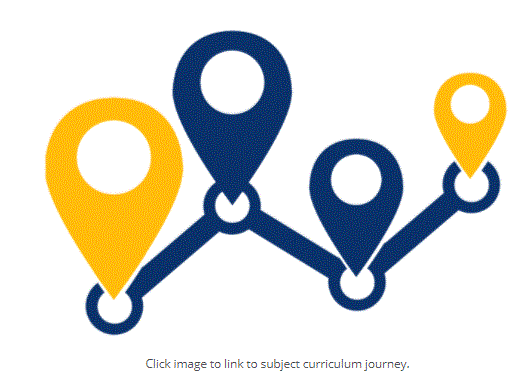Intent
This curriculum is designed to encourage and inspire learners INto following a worthwhile qualification that provides an insight into the health and social care world of work. The award gives learners the opportunity to develop sector-specific knowledge and skills in a practical learning environment. The qualification is designed to include contemporary issues in relation to health and social care in the UK and dealing with issues and pressures in relation to political factors, funding and the ever-changing world and society in which we live. We are developing learners to have an awareness and appreciation of factors that can influence the human lifespan. The curriculum seeks to nurture the future workforce of British society by capturing the Christian values and ethos of the UK and St Michael’s School. Through finding the space to notice, harness and celebrate what we have as individuals and can share within our Sandwell community and the wider city. Throughout the course, learners will celebrate and embrace different cultures and traditions and look at how they can influence access to services in Sandwell and nationwide. They will become aware of the importance of building networks, accessing support services and will be encouraged to share ideas and experiences within the safe confines of the classroom environment on a weekly basis. Developing empathy is a crucial value; we seek to ensure that learners act justly within what can often seem like an unjust world where there are plenty of barriers. Learners will, therefore, use relatable case studies that cover a range of social issues, incorporating demographical factors, to develop this skill in its widest sense.
Implementation
Learning is embedded through the sharing of knowledge and development skills over time and through the concepts laid out in the curriculum intent statement. Assessments range from mini bite-sized summative tasks, which will assess topics covered as we progress through the course. Formative assessments cover the subject knowledge and provide the scope for wider areas of improvement and where we will embed specific targets and capture a true picture of their progression. Progression is mapped through the academic year based on individual and school targets. Learners will have access to the vocabulary and subject terminology to enable them to develop their written work and develop how they apply the language. Learners are encouraged to have well-developed answers in order to prepare them for assessments and the opportunity to be able to express themselves more coherently within both a verbal and written context. This will enhance their opportunities to notice that developing in these areas is a transferable skill that will prepare them within our school, when undertaking work experience, leaving for college and eventually in the world of work.
Impact
By the end of this course, pupils will have understood the areas of growth and development that contribute to the whole person holistically. They will know that, as we progress through our lives, we will encounter life events that may be expected or unexpected and these will have an effect on how we develop. Importantly, pupils will know that in unexpected events there are different sources of support to help people cope and adapt to these changes. Pupils will know that when an individual accesses health and social care services they can often feel very vulnerable and, for this reason, a set of values must exist. Our pupils will learn how to adopt caring behaviour and practice the range of care values. They will be encouraged to leave the course with the ability to reflect on their own practice and seeking ways to improve it.
The final impact will be when pupils have understood what being healthy really means. They will know that this can be affected by a range of factors. The course will have given the pupils the knowledge and confidence to recognise indicators of poor health and how to interpret this health and lifestyle data. The end goal includes pupils experiencing a true responsibility of a health and social care professional whereby they have designed a health and well-being improvement plan with both long and short term goals.


